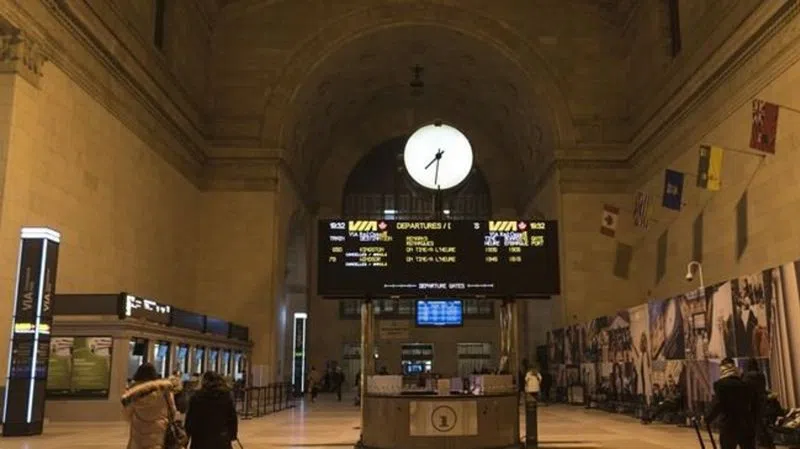
Via Rail lays off 1,000 employees temporarily as blockades drag on
MONTREAL — Via Rail says it is temporarily laying off 1,000 employees due to blockades that continue to halt trains on CN tracks in Eastern Canada.
The Crown corporation has suspended passenger service on its Montreal-Toronto and Ottawa-Toronto routes for nearly two weeks due to the protests that have disrupted rail operations across the country.
The layoffs come amid growing pressure on the federal government to take action against rail blockades in support of Wet’suwet’en hereditary chiefs who oppose a natural gas pipeline that is to pass through their traditional lands in British Columbia.
“It is with sincere regret that we must proceed with temporary employee suspensions,” Via said in a release Thursday.
